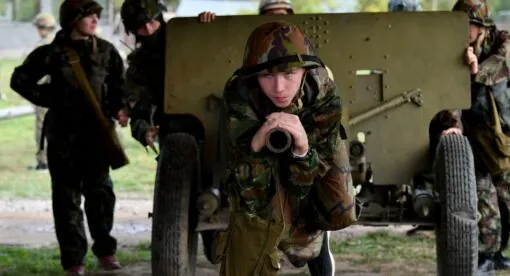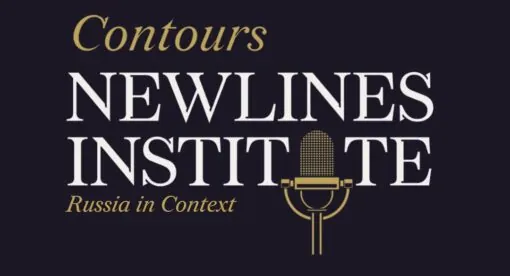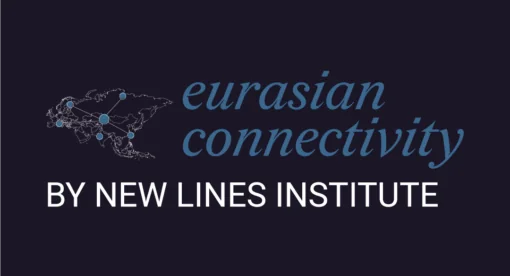WASHINGTON, D.C., Sept. 19, 2023 – The Western Balkans Observatory, an initiative by the New Lines Institute for Strategy and Policy, launches today with the report “Western Balkans 2023: Assessment of Internal Challenges and External Threats” and a panel discussion by top Balkan analysts. This new initiative provides a rigorous, nonpartisan analysis for Western policymakers on the Western Balkans. The Observatory will serve as a hub for policymakers, legislators, academics, and journalists throughout the West to discuss emerging challenges and crises in the region through regular publications, events, and roundtables, filling a void in policy-oriented research on the Western Balkans amid deepening concern over the region’s deteriorating security.
As Russia’s war in Ukraine grinds on, the conflict has destabilized other regions of Eurasia that have recently experienced civil war and ethnic cleansing. Instability in the Western Balkans poses an immense risk to the European Union; given their geographical proximity to and close political and economic relationships with states in the European Union, instability there poses an immense risk of regional destabilization.
This is a region where Russia remains an active player and where escalated conflict risks radicalizing violent elements among Europe’s Christian far right and Islamists. In the past year, Bosnia and Herzegovina only narrowly averted a renewal of inter-ethnic conflict during October 2022 elections, while Kosovo and Serbia entered a renewed period of intense hostilities in December. The institutions and established mechanisms to avert a return to the bloody conflicts that characterized the dissolution of former Yugoslavia are failing. A new initiative to examine and analyze this changing and volatile landscape is necessary.
“The Western Balkans Observatory, hosted by New Lines, launches at a critical moment in the region, with tensions high between Serbia and Kosovo and the Serb president in Bosnia and Herzegovina having been indicted by the state prosecutor for undermining peace and security, the cornerstone of the Dayton Peace Accords,” said Dr. Azeem Ibrahim, director of the Mass Atrocities and International Law portfolio at New Lines.
The panel discussion features the following participants:
- Dr. Azeem Ibrahim OBE, Opening Remarks – Senior Director, New Lines Institute
- Professor Tanya Domi, Moderator – Columbia University, Professor on Human Rights in the Balkans
- Reuf Bajrović, Panelist – Vice President, U.S.-Europe Alliance
- Ivana Stradner, Panelist – Research Fellow, Foundation for the Defense of Democracies
- Dr. Daniel Serwer – Professor, Johns Hopkins School of Advanced International Studies and Senior Fellow, SAIS Foreign Policy Institute
Essay authors include the following analysts:
- Kurt Bassuener – Co-Founder and Senior Associate, Democratization Policy Council
- Ivana Stradner – Research Fellow, Foundation for Defense of Democracies
- Hikmet Karčić – Director, Strategic Analysis Institute
- Reuf Bajrović – Vice President, U.S.-Europe Alliance
- Jasmin Mujanović – Author, Hunger & Fury: The Crisis of Democracy in the Balkans
- Agon Maliqi – Policy Analyst and Creator and Co-Founder, Sbunker
Professor Tanya Domi of Columbia University’s Harriman Institute is editor of the publication and serves as the chair of the Western Balkans Observatory.
About the New Lines Institute for Strategy and Policy
New Lines is a nonpartisan, registered 501(c)(3) nonprofit. Our purpose is to shape U.S. foreign policy based on a deep understanding of regional geopolitics and the value systems of those regions. New Lines accepts research grants and charitable donations from U.S. individuals and registered legal entities in support of its research priorities. The Institute does not accept funding from any foreign government or entity.





